Re: Innovation Dist. / South Boston Seaport
https://www.bostonglobe.com/busines...n-next-week/lF5U1cK18RfQOeaOkT2VlI/story.html
Boston will be the hub of the biotech universe starting Monday
excerpted:
By Jonathan Saltzman GLOBE STAFF JUNE 01, 2018
When more than 16,000 people from 74 countries descend on Boston for the annual Biotechnology Innovation Organization convention that starts Monday, they will find a Massachusetts biotech scene that’s more robust than the one in 2012 when the city last hosted the event. And, yes, the state relishes its renown as the life sciences hub of the universe.
The Massachusetts cluster employs thousands more people than it did six years ago and occupies millions more square feet of laboratory space. Since 2012, there have been over 60 new publicly traded local firms, as well as more divisions of multinational drug-maker giants. The biotech sector has launched novel medicines for diseases once thought hopeless, including a drug for spinal muscular atrophy, the leading genetic cause of death in infants.
“We’ve seen advances in science that are beyond all expectations, as it relates to therapies that can change the course of disease and, in some cases, cure disease,” said Robert Coughlin, president and chief executive of the Massachusetts Biotechnology Council trade group, whose 16-year-old son, Bobby, has a rare condition, cystic fibrosis....
....Today, the sector is indeed booming, growing at roughly double the rate of the US and state economy over the past four years.
For the first time, the number of employees in the life sciences in the state has crossed 70,000, according to a recent report by the Massachusetts Biotechnology Education Foundation.
Half of those jobs — 34,366, to be exact — were in research and development in 2016, more than any state and slightly ahead of California, which ranks second, according to MassBio.
Investment has also soared. Biopharma attracted $2.9 billion in venture capital in 2016, more than triple the $900 million it received in 2012, says MassBio.
“It’s been a spectacular six years,” said Alexis Borisy, a partner in Third Rock Ventures, a Boston venture capital firm that began operating in 2007.
Consider this: Third Rock had yet to take a biotech public when BIO last convened in Boston. Since then, Borisy’s firm has taken 16 companies public, including Bluebird Bio, which is working on gene therapy to treat rare diseases, and Agios Pharmaceuticals Inc., which focuses on medicines to stimulate the body’s immune response against cancer cells.
Less than a year ago, Agios won approval of its first medicine, Idhifa. It is the first drug approved by the Food and Drug Administration for acute myeloid leukemia in adults with a particular genetic mutation who suffer relapses despite other treatments.
“That’s the most important metric of success,” Borisy of the drug’s approval. “The whole point of biotech is to take innovation in science and medicine and to bring it to patients.’’
Signs of the white-hot life sciences industry are impossible to miss when you walk around Cambridge’s Kendall Square, ground zero for the Massachusetts cluster.
Once the site of old industrial buildings, the neighborhood features gleaming new office buildings, such as one on Binney Street that will soon house Bristol-Myers Squibb’s new research and development site and several smaller biotechs.
Like several other pharmaceutical giants, Bristol-Myers Squibb decided to put its research scientists in what a spokeswoman called “the heart of a vibrant ecosystem of world-class science, innovation, and business opportunities.” It will house about 300 employees, some from elsewhere in the state, and others from outside Massachusetts, or new hires.
Cranes in the sky nearby attest to other commercial and residential constructions projects underway that cater to people in the drug-making industry.
LabCentral, a coworking biotechnology space that opened on Main Street in Kendall Square in late 2013, has repeatedly expanded and now houses 55 startup companies in about 105,000 square feet across its two-building campus. LabCentral is among about two dozen incubators that have opened throughout the state.
Today, Big Pharma companies domestic and foreign consider it almost imperative to have a presence in Massachusetts, and often in Cambridge. Among the giant companies that have increased their presence in the state in recent years — either by moving or expanding divisions here or by buying Massachusetts-based biotechs — are Merck & Co., Pfizer Inc., Novartis AG, Sanofi SA, and Amgen Inc.
Just last month, Japanese drugmaker Takeda Pharmaceuticals Inc. finalized a $62 billion agreement to buy Shire PLC, which has its headquarters in Ireland but is the second-biggest biotech employer in Massachusetts. Shire, which has most of its operations in Lexington, makes the ADHD drug Adderall and focuses on developing medicines for rare diseases.
Drug companies are changing the landscape of Boston, as well. One of the most prominent features of Boston’s Innovation District on the South Boston Waterfront is the relatively new headquarters of Vertex Pharmaceuticals Inc. The drugmaker moved its headquarters from Cambridge to a 1.1 million-square-foot complex there in 2014.
Given the catalyzing effect biopharma has had in Massachusetts, it’s no wonder that a slew of cities, states, and countries are sending contingents to BIO to encourage drugmakers to set up shop there.
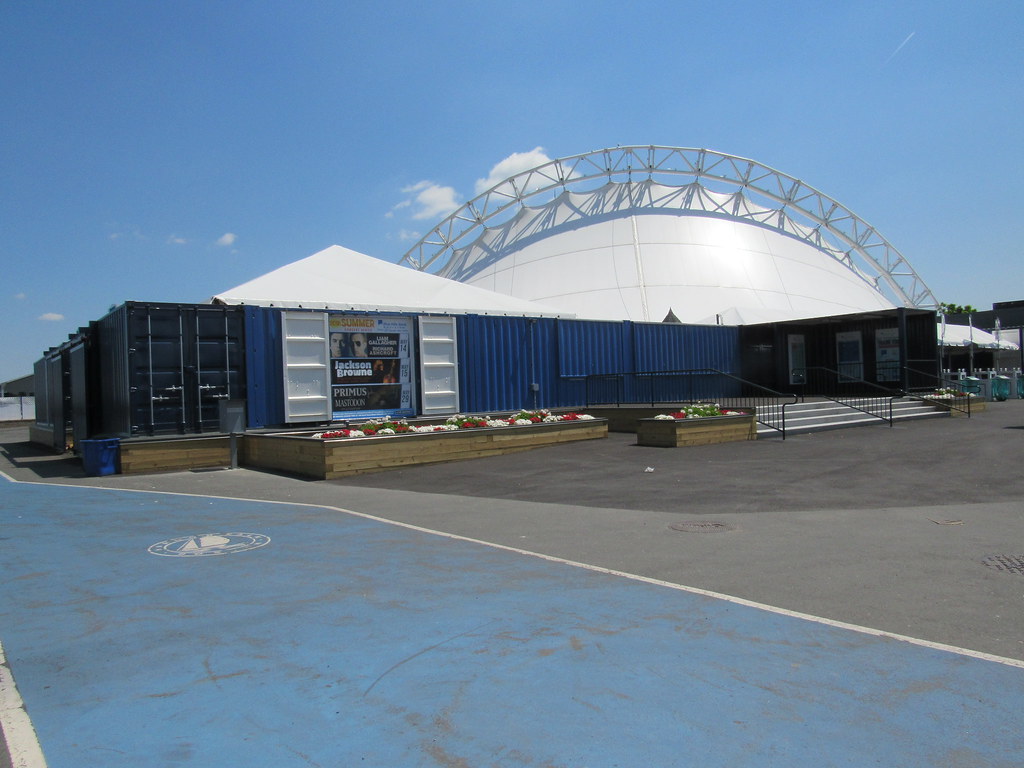 https://flic.kr/p/25h37RE
https://flic.kr/p/25h37RE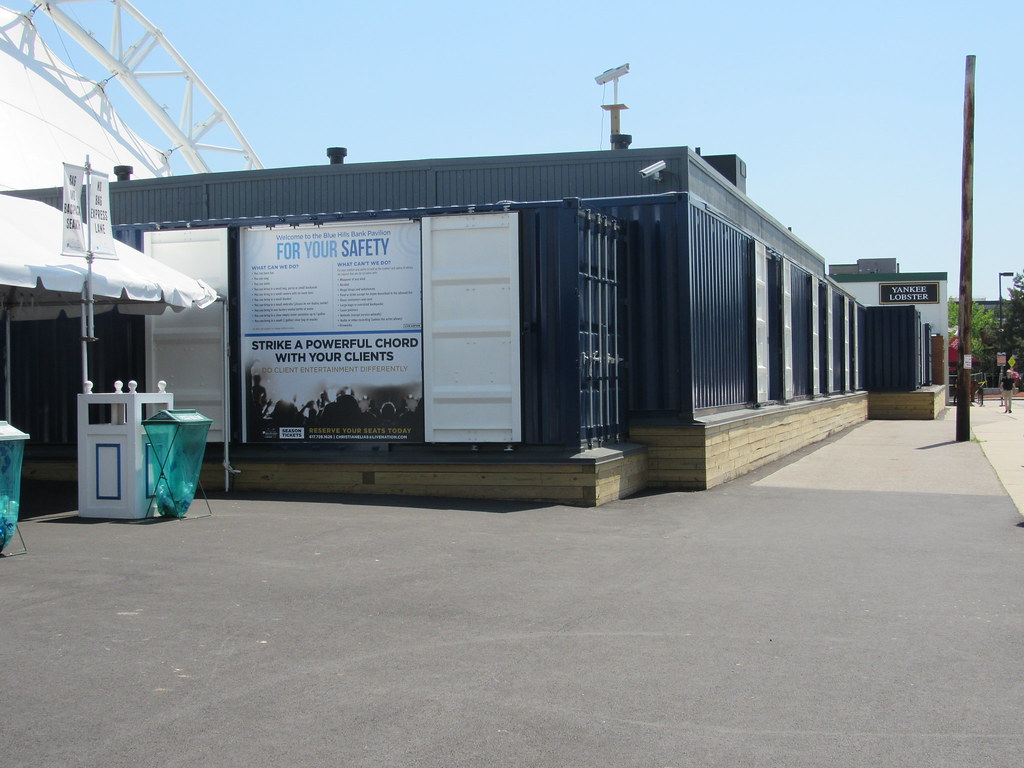 https://flic.kr/p/KTXn7s
https://flic.kr/p/KTXn7s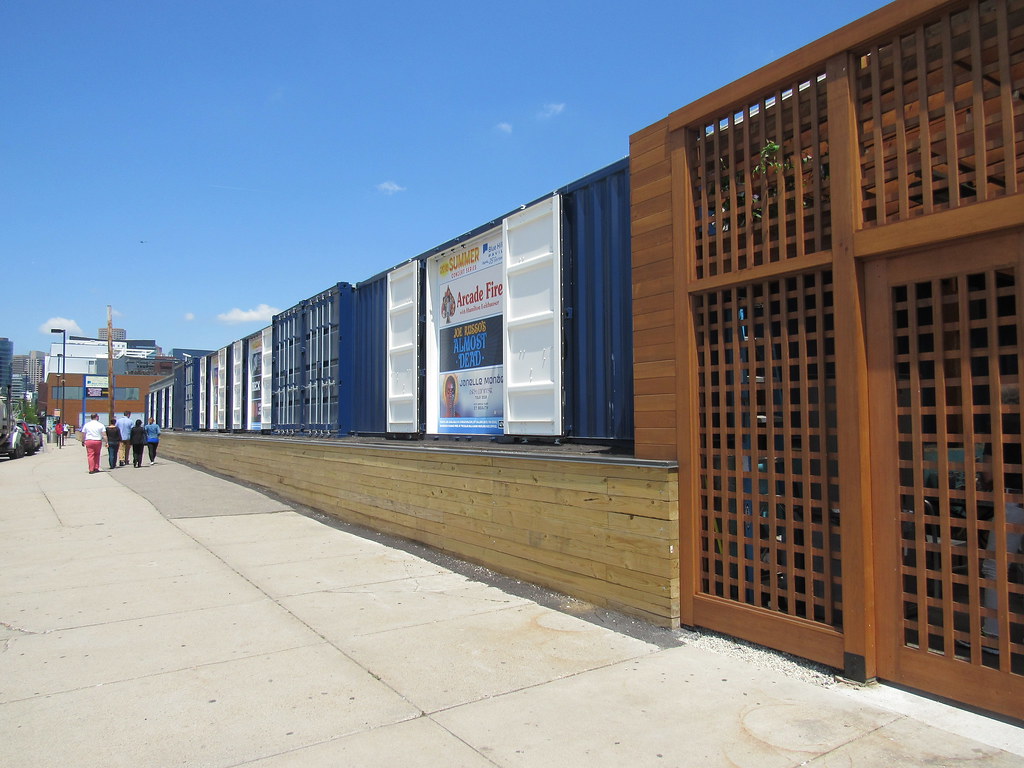 https://flic.kr/p/KTXo11
https://flic.kr/p/KTXo11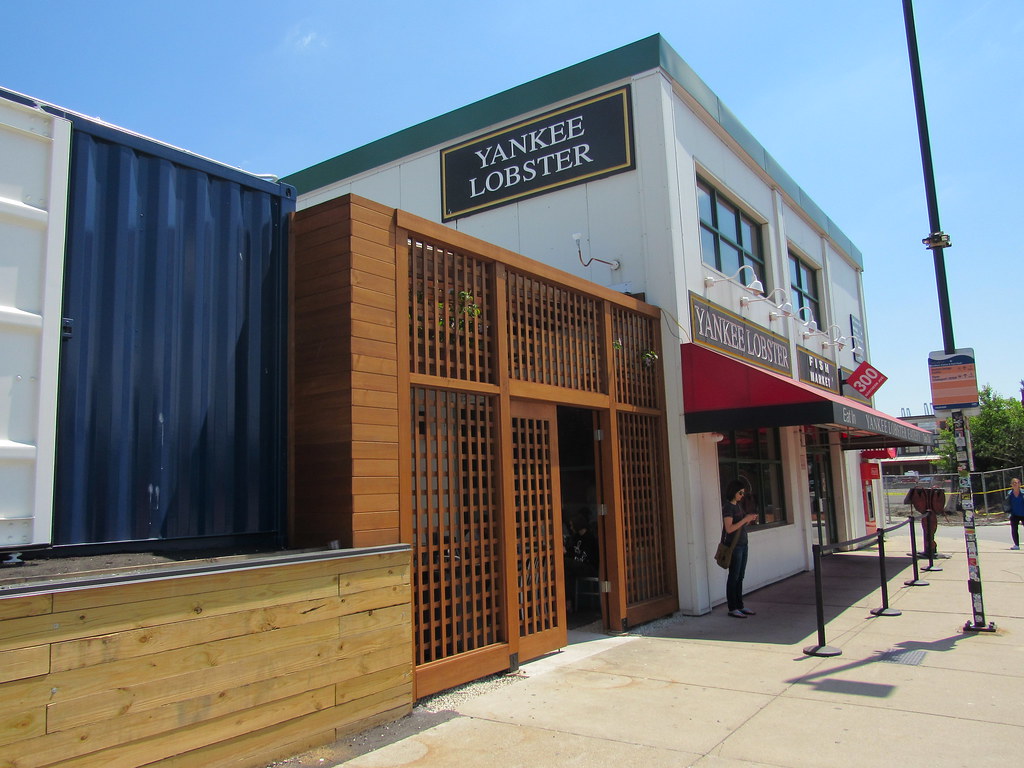 https://flic.kr/p/25h396J
https://flic.kr/p/25h396J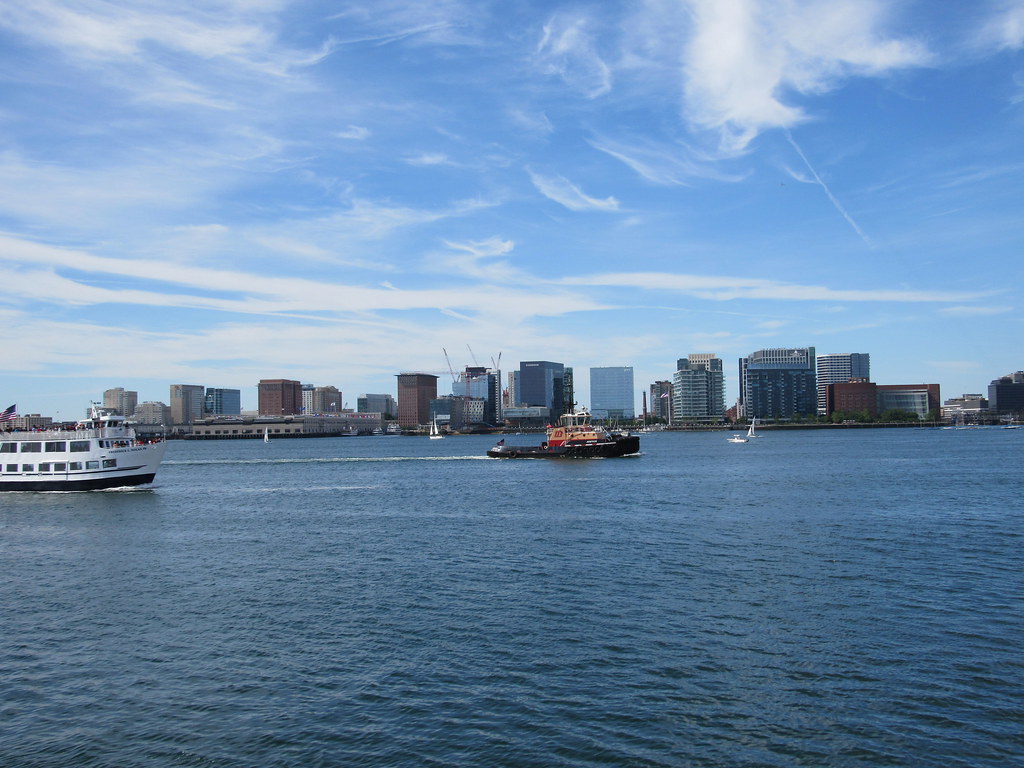 https://flic.kr/p/28esSxL
https://flic.kr/p/28esSxL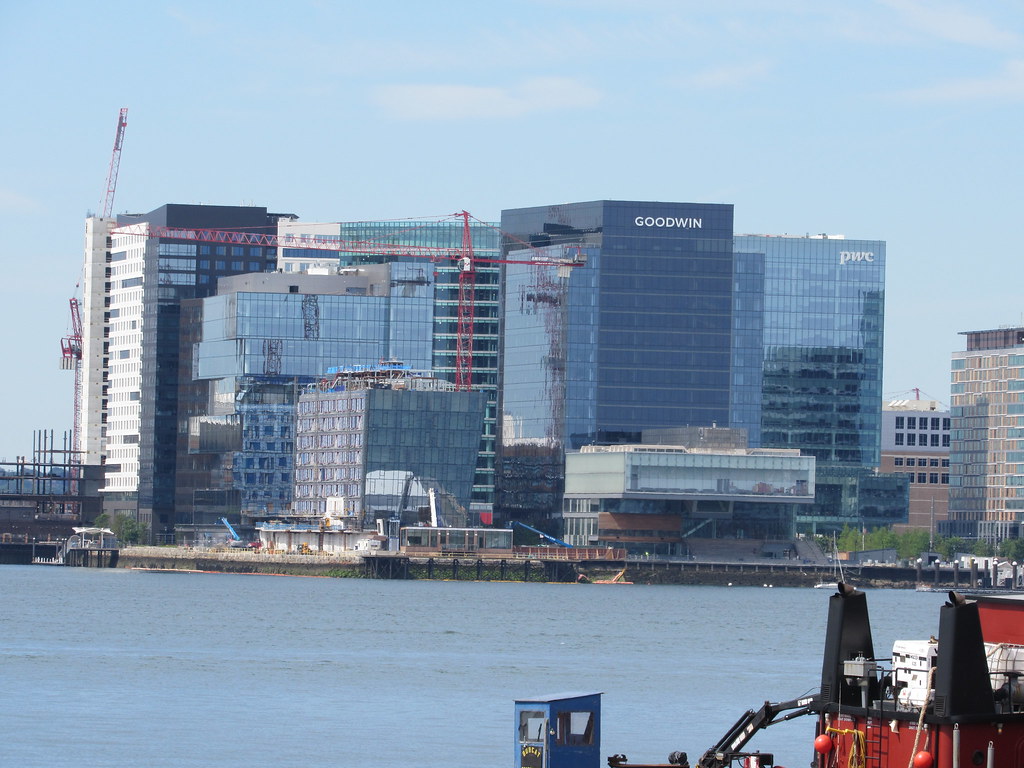 https://flic.kr/p/28esTGQ
https://flic.kr/p/28esTGQ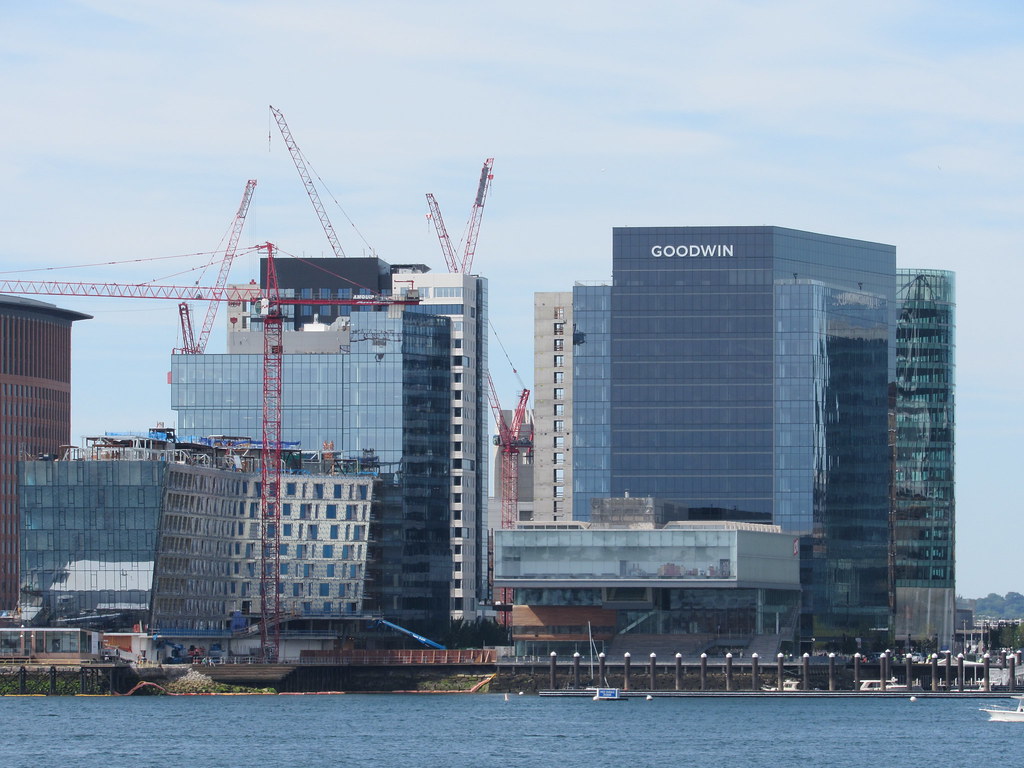 https://flic.kr/p/28esQFu
https://flic.kr/p/28esQFu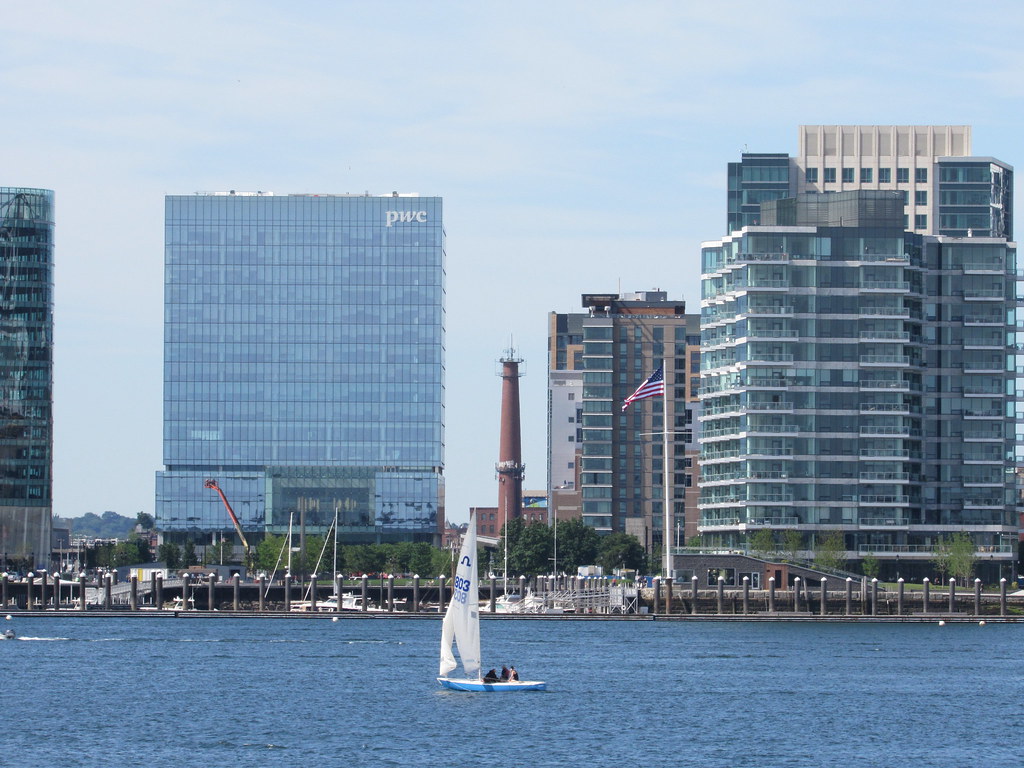 https://flic.kr/p/25xLb2y
https://flic.kr/p/25xLb2y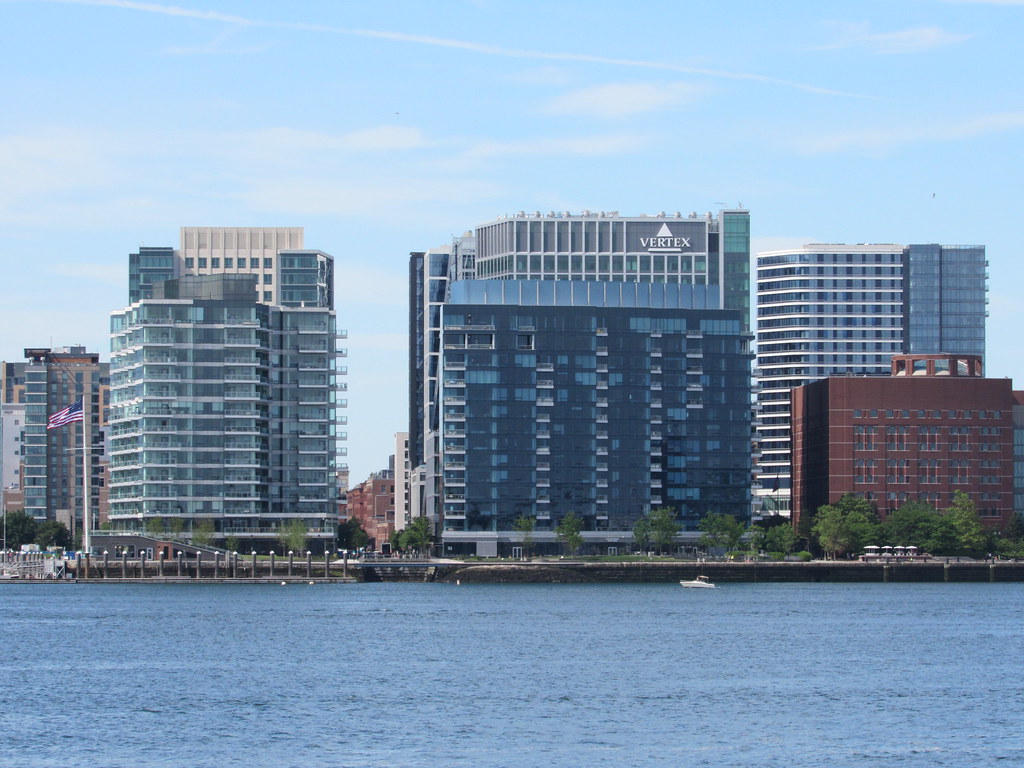 https://flic.kr/p/27djh85
https://flic.kr/p/27djh85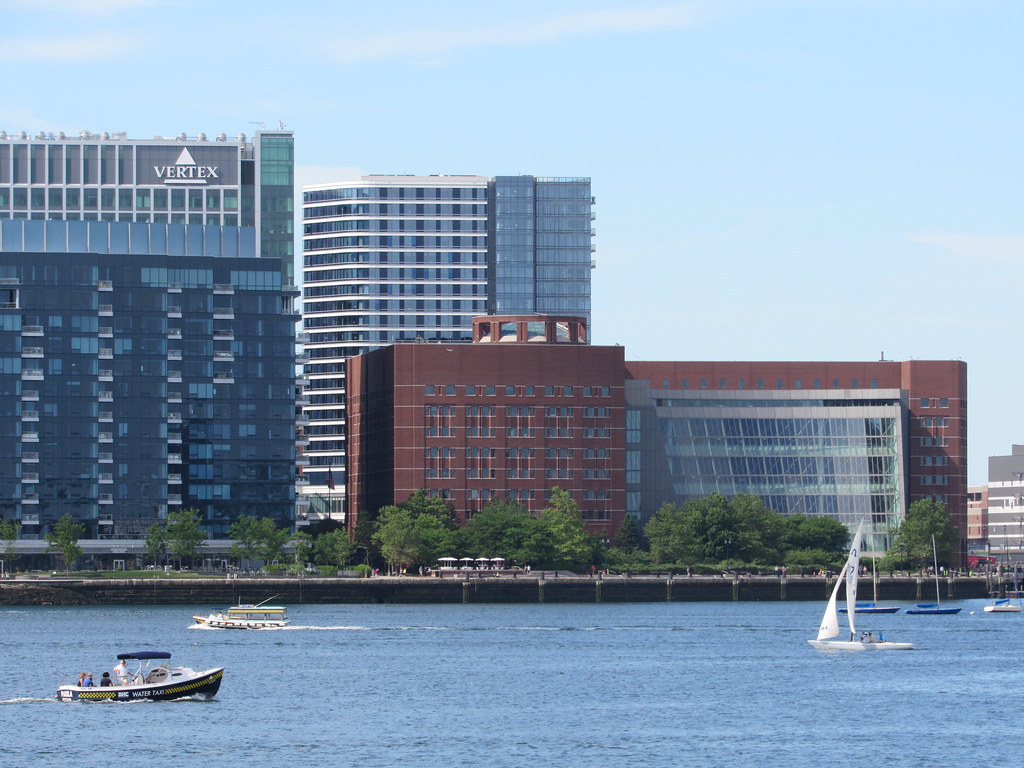 https://flic.kr/p/27dji8w
https://flic.kr/p/27dji8w https://flic.kr/p/25xLeeA
https://flic.kr/p/25xLeeA